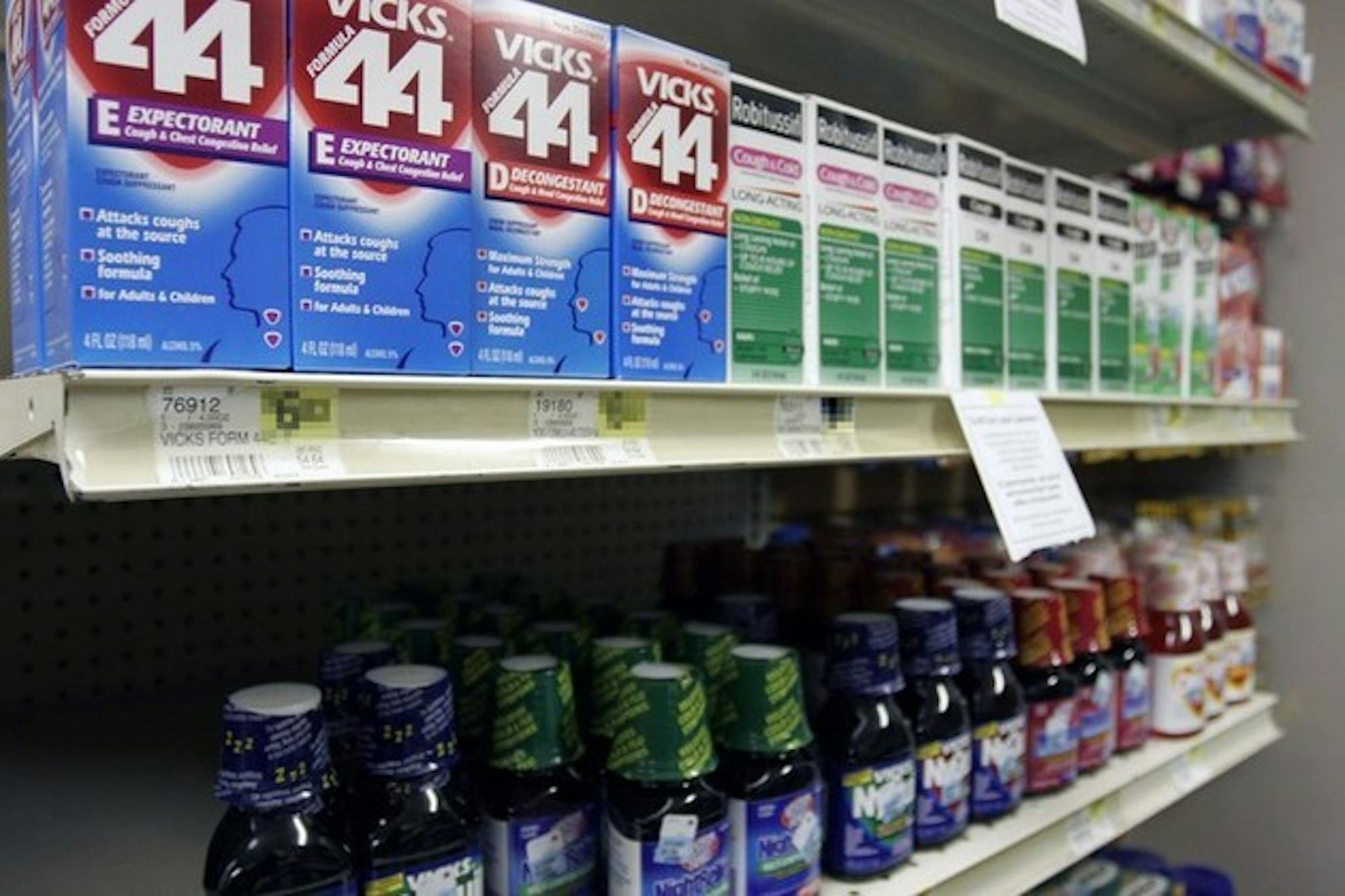The law, which was passed as part of the USA Patriot Improvement and Reauthorization Act on March 9, restricts individuals from buying more than 3.6 grams of pseudoephedrine per day or 9 grams per month. By reducing consumption of this primary ingredient of methamphetamines, the act intends to combat "mom-and-pop" production labs.
Tom Rybczyk, assistant manager of a Hanover retail pharmacy, said that the store began implementing the law a couple weeks ago.
"We are required to take the customer's photo identification and their name, permanent address, date, the content of pseudoephedrine in their purchase and their signature," Rybczyk said.
Although the law does not stipulate an age limit, Rybczyk said that they will not sell drugs containing pseudoephedrine, such as Sudafed and Claritin, to anyone under 18.
While large, national retail chains such as CVS need to card their customers and keep records because of their large volume of sales, some smaller pharmacies are able to avoid this procedure.
Melissa Knight, the compounding pharmacist at Eastman's Pharmacy on Main Street, said that the store has not carded anyone yet because it only has one or two boxes of drugs containing pseudoephedrine on display.
"We get shipments every day, so we don't keep the maximum amount on the shelves," Knight said. "We also keep the new formulated versions of cold-medicines that do not contain pseudoephedrine."
The anti-methamphetamine act, which President George W. Bush said "gives law enforcement new tools to combat threats to our citizens from international terrorists to local drug dealers," will have a greater impact in areas where methamphetamine production is a serious problem.
"If someone came into the store and asked for five boxes of medicine, there's no way we would sell it to them," Knight said. "But people are usually buying just one box at a time, as they should."
While there may be minimal methamphetamine issues to combat locally, the law will very likely inconvenience students buying medicine.
"I think the law is ridiculous, and my prediction would be that it will have absolutely no effect on the production of meth in people's homes," Jessica Zepeda '07 said. "It has, however, impeded my ability to stock up on cold medicines at the beginning of each term."
To date, there is no record of methamphetamine production in Hanover, according to Hanover Police Chief Nicholas Giaccone.




